Science at the Top of the World, or, 48 Hours at Beaufort Lagoon Ecosystems LTER

Grad student Nick Link spent two days in Utqiaġvik, Alaska with BLE LTER experiencing research on the Arctic coast.

Grad student Nick Link spent two days in Utqiaġvik, Alaska with BLE LTER experiencing research on the Arctic coast.

“Wait, what? Alaska, but I thought you said you went to school in Texas!”
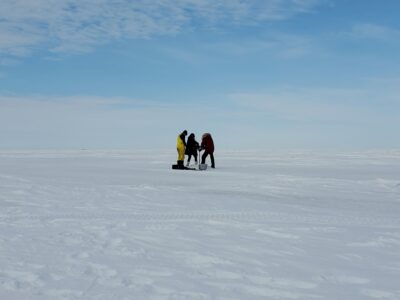
In Arctic lagoons, life persists through cold and dark winters, but few people are able to study and understand the bizarre life under sea ice. With chemical biomarkers and insight from local communities, food web ecologists are beginning to uncover how these organisms thrive in the harsh winter, and how they will continue to survive in the ever changing Arctic climate.

We are excited to announce our 2021 cohort of LTER grad student science writers. We received a high number of impressive applications, and after much deliberation we are happy to introduce seven students who represent sites from across the network and who bring unique backgrounds, experiences, and talents to the team. Over the next year… Read more »
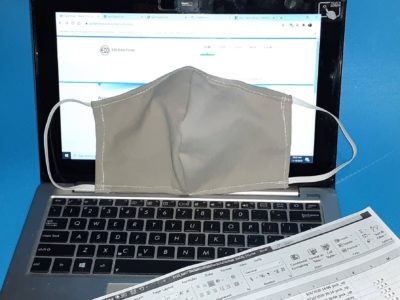
Each year, the LTER Information Management (IM) committee gathers updates from sites across the network related to IM system and personnel changes over the past year, compiling them into a series of ‘Site Bytes’, or site summaries. This November, the first 2020 Site Bytes that started rolling into the editors’ (virtual) office were all from… Read more »
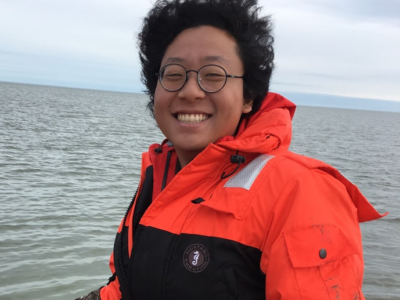
This spotlight is part of an ongoing series featuring many of our wonderful LTER Network graduate student representatives who contribute valuable research and leadership across the network. To learn more about graduate research in the LTER network, visit this page. Brian Kim started his PhD in Marine Science from the University of Texas and is… Read more »
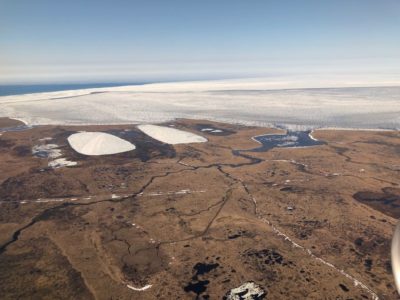
Credit: Via @ArcticLagoons on Twitter Arctic coastal watershed systems are some of the most threatened regions on Earth and have undergone substantial climatic, physical, and biological change with the warming of our Earth. Now, researchers at the Beaufort Lagoon Ecosystems LTER site have discovered that small coastal water bodies, especially ponds, are releasing carbon to… Read more »
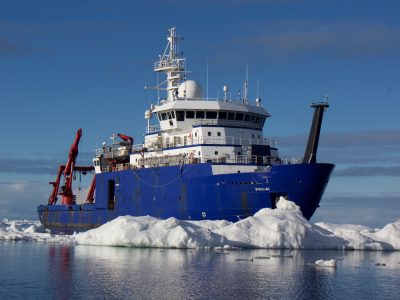
The National Science Foundation has announced two new oceanic LTER sites, both based in regions with highly productive fisheries. In addition, the newly-announced Beaufort Lagoon Ecosystems (BLE) LTER will focus on changes occurring both on land and in the ocean that affect Arctic ecosystems over time. The Northern Gulf of Alaska (NGA) LTER site, led… Read more »